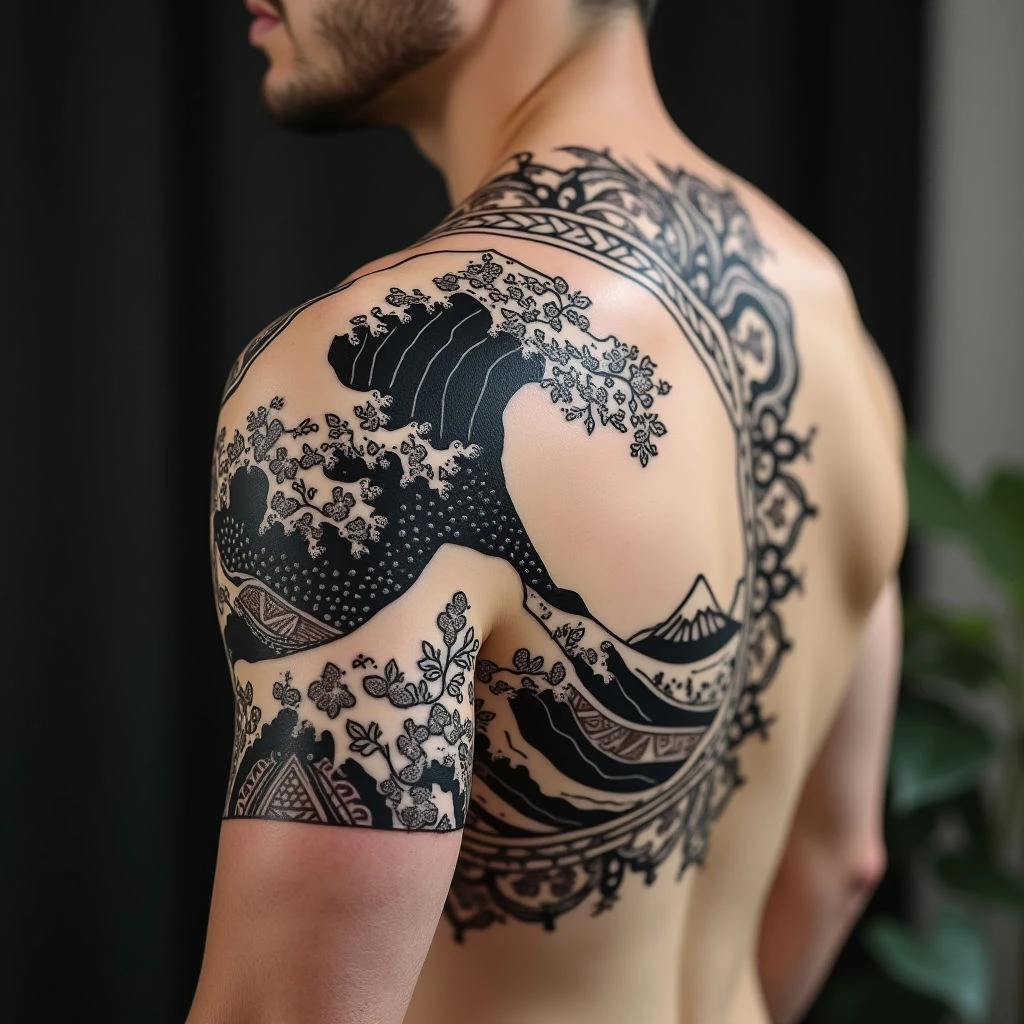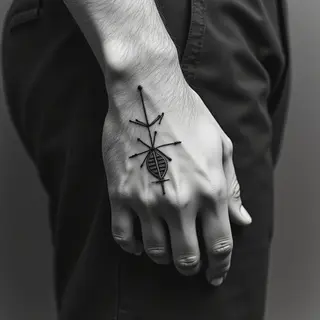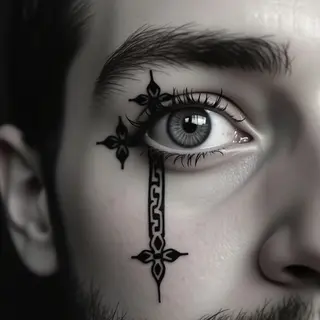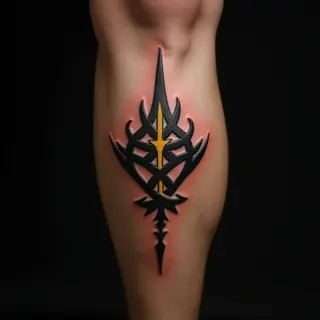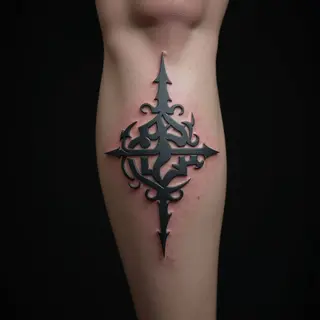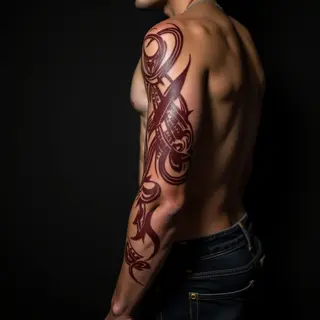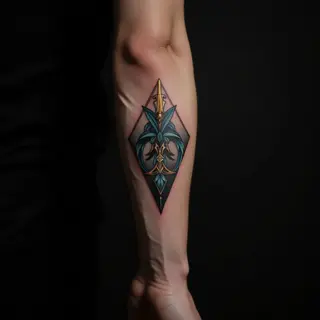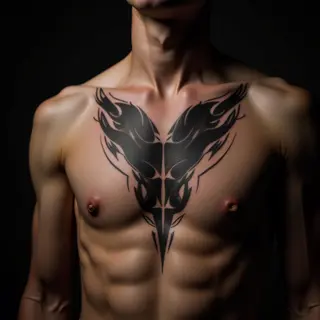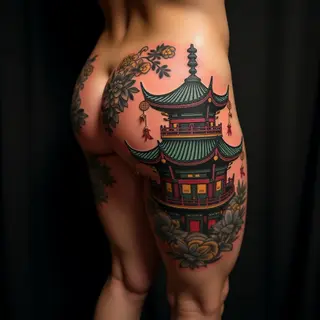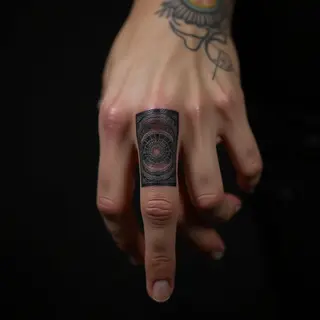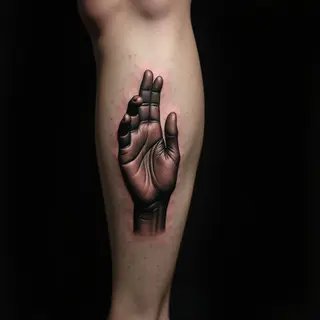Polynesian Wave Tattoos: Symbolism, History, and Design Considerations
In Polynesian cultures, the ocean is life—a source of sustenance, trade routes, and deep spiritual connection. Waves, therefore, hold immense symbolic weight within traditional tattoo art. They aren't just decorative elements; they represent profound concepts.
Historical Significance: Navigation & Journey
For centuries, Polynesian navigators traversed vast oceans using only the stars and their understanding of wave patterns. Wave tattoos often symbolize this mastery of the sea, representing resilience, guidance, and a connection to ancestral journeys. A skilled navigator could 'read' waves like one reads a map.
Symbolism: Strength & Resilience
The powerful force of ocean waves embodies strength, perseverance, and the ability to overcome challenges. A wave tattoo can be a reminder to weather life’s storms with grace and fortitude.
Spiritual Connection
Waves are often linked to deities and spiritual realms in Polynesian mythology. They can represent cleansing, transformation, and a connection to the divine. The constant motion of waves also symbolizes the cyclical nature of life—birth, death, and rebirth.
Design Considerations
Wave tattoos are frequently incorporated into larger designs alongside other symbolic elements like sea turtles (longevity), sharks (strength & protection), or mountains (stability). The artistry often involves intricate detailing to capture the movement and texture of the water. A skilled tattoo artist specializing in Polynesian art will be able to translate these complex concepts into a visually striking and meaningful piece.
